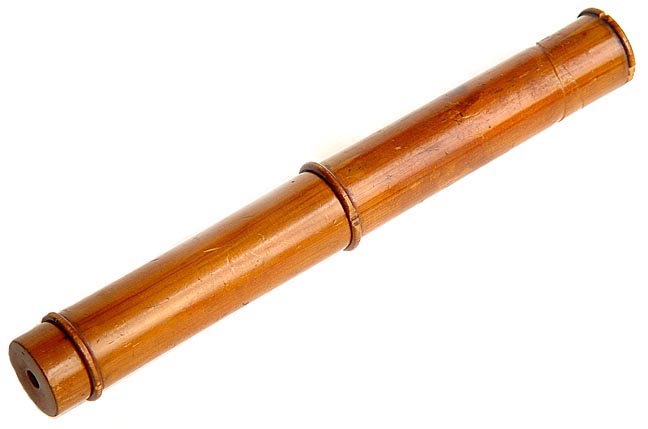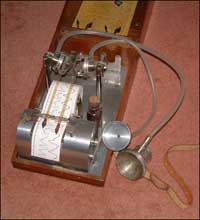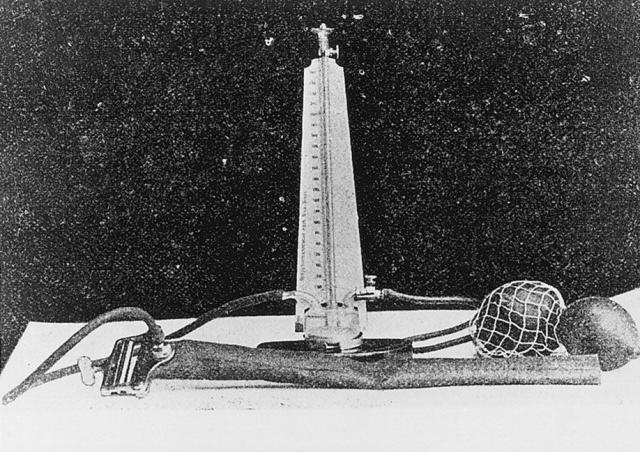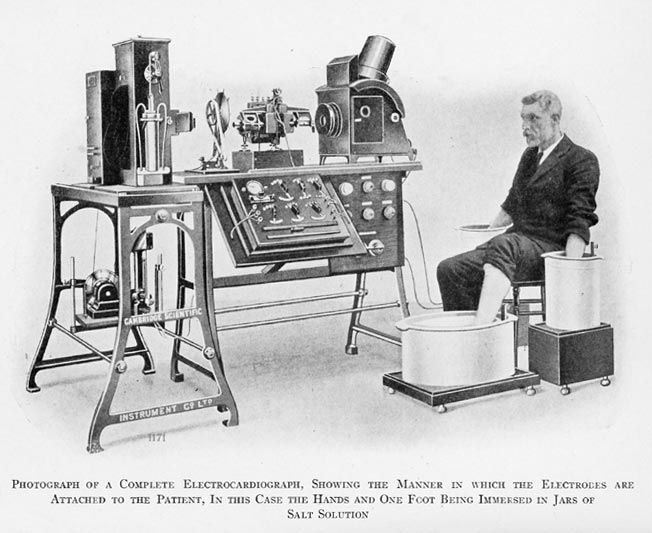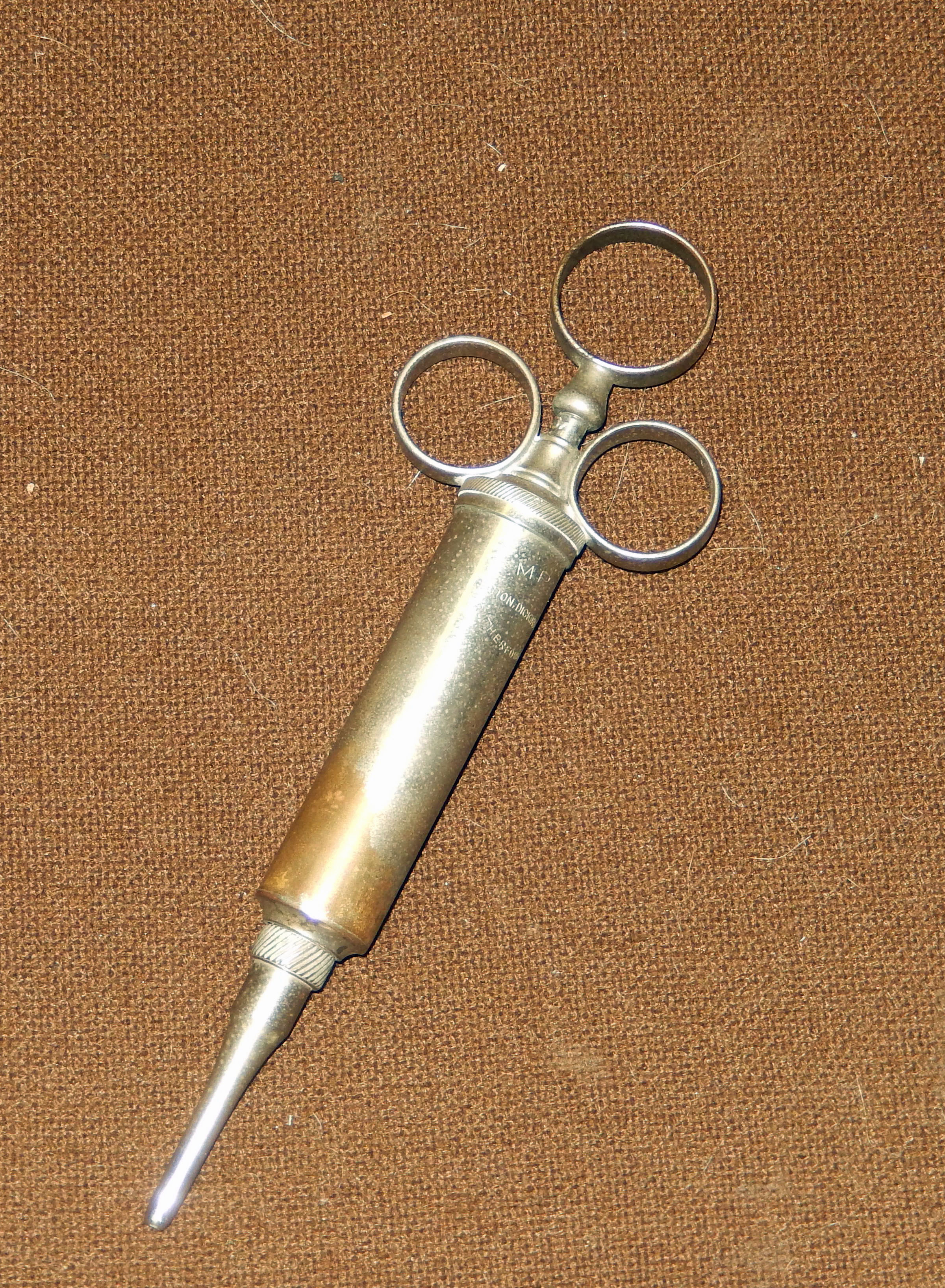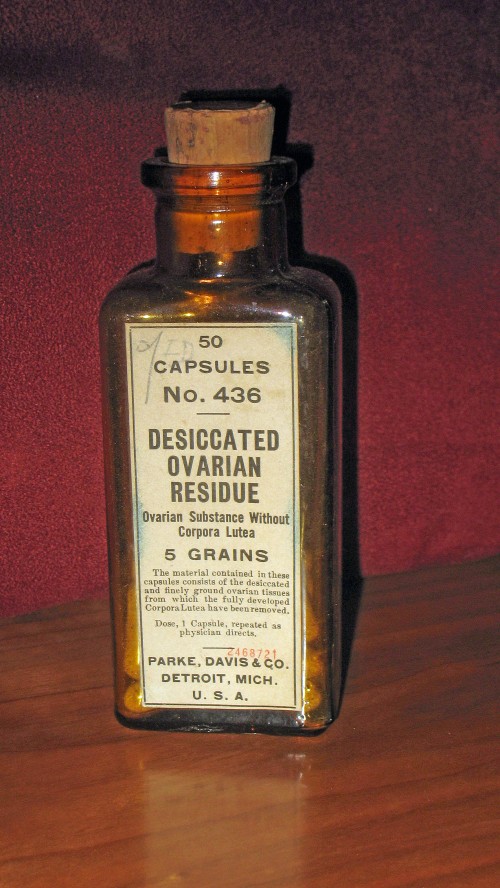Easing pain on the western front: american nurses of the great war and the birth of modern nursing practice (2020)

“Stepansky expertly compares the experiences of the nurses in previous and subsequent conflicts, allowing the reader to place the Great War nurse in context. Easing Pain on the Western Front is particularly compelling in that it truly illustrates the relationship between nurses and patients and how each party is changed by the experience. It is a unique book that rightfully takes a prominent place among the scholarly histories of healthcare during the Great War.”
__Colonel (ret.) Richard M. Prior, DNP, Medical Humanities
“I will never get it out of my mind. There is such power of evocation and dynamic movement on top of the overwhelming pathos, the panorama of you-are-there at the start and the fascinating transformations, the richness of dynamic comparisons through the years. Beyond the incredible horror of many of the scenes, Stepansky draws so much out of it; it seems so relevant to so much both in our recent history and so many aspects of formal history (of women, nursing, medicine, sciences. And the tone is so absolutely right. It is a humbling and awesome experience — not the expectable effect of a scholarly work. Stepansky has built a lasting monument to women where most of us were oblivious.”
__Lawrence Friedman, M.D., Clinical Professor of Psychiatry, Weill Cornell Medical College
“Stepansky provides an historically informed examination of nurses’ actual wartime practices – practices that changed the experience of wounded soldiers, in no small measure through nurses’ skilled use of the cutting-edge technologies of the time – technologies that contributed to the transformation of American nursing in the decades following the Great War.”
__ Patricia D’Antonio, Ph.D., RN, Director, Barbara Bates Center for the Study of the History of Nursing, University of Pennsylvania School of Nursing
LISTEN TO PAUL STEPANSKY DISCUSS THIS BOOK WITH THE EDITOR OF THE JOURNAL OF THE AMERICAN ASSOCIATION OF NURSE PRACTITIONERS IN A SPECIAL JAANP PODCAST
In the hands of Doctors: Touch and Trust In Medical Care (2016)
Winner, Independent Publisher Book Awards Bronze Medal, 2017.
 “An engaging, richly documented, brilliant critique of the bond between doctor and patient, ranging from classical times through the present. The need for the bond continues, Stepansky argues; patients trust doctors, not teams, medical homes or health care systems. Along the way he discusses what it means to “care” for someone as a professional, whether empathy can be taught, the narrowed scope of family medicine as a field, and how far science and the procedural aspects of medicine are antagonistic to, or simply part of, the humanity inherent in medicine. He offers his own ideas for change. This is a superb introduction to the role of the doctor in a continuing historical context.” – Rosemary Stevens, Ph.D., DeWitt Wallace Distinguished Scholar, Weill Cornell Medical College, and author, American Medicine and the Public Interest: A History of Specialization and A Time of Scandal: Charles R. Forbes, Warren G. Harding and the Making of the Veterans Bureau.
“An engaging, richly documented, brilliant critique of the bond between doctor and patient, ranging from classical times through the present. The need for the bond continues, Stepansky argues; patients trust doctors, not teams, medical homes or health care systems. Along the way he discusses what it means to “care” for someone as a professional, whether empathy can be taught, the narrowed scope of family medicine as a field, and how far science and the procedural aspects of medicine are antagonistic to, or simply part of, the humanity inherent in medicine. He offers his own ideas for change. This is a superb introduction to the role of the doctor in a continuing historical context.” – Rosemary Stevens, Ph.D., DeWitt Wallace Distinguished Scholar, Weill Cornell Medical College, and author, American Medicine and the Public Interest: A History of Specialization and A Time of Scandal: Charles R. Forbes, Warren G. Harding and the Making of the Veterans Bureau.
“Paul Stepansky’s In the Hands of Doctors is a unique and compelling reexamination of American medical practice and patient expectations in historical and cultural context. Examining the many ways in which we seek health, literally from the doctor’s touch, Stepansky draws on his skills as a respected cultural historian and his perspective growing up the son of a rural general practitioner in the 1950s and 1960s. The result is a multilayered, nuanced, and accessible study that focuses on what physicians have offered and patients have sought, especially since the Second World War. Stepansky laments the impact of specialization on what he terms “true doctoring,” even while recognizing its great benefit in treating illness. Eschewing nostalgia, while acknowledging the complexity of today’s health care delivery, Stepansky nevertheless offers a way back to the type of care his father provided. This book deserves a wide audience not only of health practitioners and patients, but also of medical historians and medical humanities scholars.” – Howard I. Kushner, Ph.D., Nat C. Robertson Distinguished Professor, Emeritus, Rollins School of Public Health, Emory University
“In the Hands of Doctors is an original contribution to medical history and, in addition, a book that will appeal to all those in the caring professions: psychotherapists, psychiatrists, psychologists, social workers, nurse practitioners, and others. Dr. Stepansky gives new meaning to the roles of touch, empathy, and friendship as these are involved in medical practice, and he presents original ideas about the shape of such practice as it moves into the next decades. In short, a clearly written and profoundly argued book.” – Louis Breger, Ph.D., Professor of Psychoanalytic Studies, Emeritus, California Institute of Technology
“One of the greatest challenges confronting 21st-century medical education is how to train physicians who are not only competent but also compassionate, and who know how to demonstrate that caring to the patient. In this engaging and deeply personal book, Paul Stepansky gives us a valuable historical perspective on caring in medicine and offers suggestions that will be useful for medical educators, practicing physicians, nurse practitioners, and patients alike.” – Joel D. Howell, M.D., Ph.D., Victor Vaughan Professor of the History of Medicine, University of Michigan
The Last Family Doctor: Remembering My Father’s Medicine (2011)
Order from Keynote Books
Order from Amazon
 “Paul Stepansky has written a moving biography of his father — but to call this simply a biography is like calling Van Gogh’s “Bedroom at Arles” an architectural sketch. In learning about the life of Dr. William Stepansky, one of the last of a breed of true general practitioners, we learn much about the enduring possibilities for genuine human healing. In important ways, the author’s father represents the doctor we all deserve.” – Daniel Carlat, M.D., Publisher, The Carlat Psychiatry Report
“Paul Stepansky has written a moving biography of his father — but to call this simply a biography is like calling Van Gogh’s “Bedroom at Arles” an architectural sketch. In learning about the life of Dr. William Stepansky, one of the last of a breed of true general practitioners, we learn much about the enduring possibilities for genuine human healing. In important ways, the author’s father represents the doctor we all deserve.” – Daniel Carlat, M.D., Publisher, The Carlat Psychiatry Report
“Stepansky’s memoir ought to be required reading for everyone, but especially medical professionals. … The Last Family Doctor is terrifically strong medicine for our times.” – Stephen T. Casper, Ph.D., The Neuro Times
“This is a unique and compelling account of mid-twentieth century American medical practice. Paul Stepansky’s portrait of his father’s life and medical career is both moving and enlightening. He reminds us of the hurdles in the path of immigrants and minorities of the post-war era who wished to practice medicine and the triumphs of one who not only persisted, but also set a standard for medical practice that has all but disappeared in the late 20th and early 21st centuries. The Last Family Doctor deserves a wide audience of professional and lay readers alike.” – Howard I. Kushner, Ph.D., Emory University
“A wonderful recapturing of the past, accompanied by extraordinarily acute observations on the significance of a personal story to illustrate major changes in the history of medicine in the mid-to-late decades of the twentieth century, a territory that historians have still not explored well.” – John Burnham, Ph.D., Ohio State University
“The Last Family Doctor is a wonderful book that blends a historical perspective that perfectly captures an earlier era in medicine with a son’s loving portrait of his father. An enjoyable read for everyone, medical students and those planning to become physicians will find in Dr. William Stepansky an exemplary and inspiring role model.” – Howard K. Rabinowitz, M.D., Jefferson Medical College
Select Works by Paul Stepansky
Psychoanalysis at the Margins (2009)
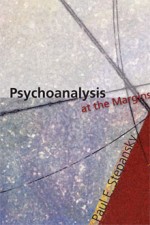 “Stepansky has produced a carefully researched, cogently argued, clearly written, magnificent book with a great many original ideas. It is a work that everyone interested in psychoanalysis — therapists, patients and laymen alike — should read. As his many telling arguments are absorbed, psychoanalysis should never be the same. The book, in my view, is destined to become a classic.” – Louis Breger, American Imago
“Stepansky has produced a carefully researched, cogently argued, clearly written, magnificent book with a great many original ideas. It is a work that everyone interested in psychoanalysis — therapists, patients and laymen alike — should read. As his many telling arguments are absorbed, psychoanalysis should never be the same. The book, in my view, is destined to become a classic.” – Louis Breger, American Imago
“Stepansky’s book is a major achievement and should be read by anybody concerned with the future of psychoanalysis. … Stepansky’s erudition is spectacular.” – Carlo Strenger, Psychoanalytic Psychology
“[Stepansky’s] disappointment has brought us a brilliant book, and one that may function as a raft for a professional group in troubled waters.” — Lila J. Kalinich, History of Psychiatry
“Psychoanalysis at the Margins cannot be praised too highly. It contains a masterful combination of elegant writing and original insights into many different topics.” – Aleksandar Dimitrijevic, Clinical Social Work Journal
“Stepansky’s superior research and penetrating insight into the fall of psychoanalysis in the U.S. is privileged by his vast knowledge of its history and his professional work over the last three decades.” – David D. Lee, Journal of the History of the Behavioral Sciences
Freud, Surgery, and the Surgeons (1999)
 “An analytic world in a grain of sand. I know of no other book about which I can say that.” – M. Robert Gardner, Psychoanalytic Institute of New England
“An analytic world in a grain of sand. I know of no other book about which I can say that.” – M. Robert Gardner, Psychoanalytic Institute of New England
“Freud’s life-long sense of the reality of the surgeon, more than any other subspecialist in medicine, is due to his own role as a patient first of Fliess and then of the wide range of surgeons who operated on his body. Stepansky recognizes the importance of this and details it here in ways that make clear the complex relationship between Freud’s models of thought and his personal experience. He has provided a very strong argument for knowing both the cultural context and the personal life of a great thinker — for these are, as he elegantly shows, inseparable.” — Sander Gilman, Bulletin of the History of Medicine
“A splendid scholarly book, meticulously researched, beautifully written, absorbing from the first to the last page.” – Zvi Lothane, Journal of the American Psychoanalytic Association
“An erudite, engaging, and illuminating work … The narrative is an important contribution to the history of psychoanalysis and the history of medicine.” – Daniel S. Papernik, Psychoanalytic Quarterly
The Memoirs of Margaret S. Mahler (1988, compiler and editor)
 “Paul Stepansky has succeeded admirably with the task of editor, as defined for him and by him. Drawing entirely on transcripts of interviews conducted by different interviewers, he has produced a unified, harmonious account adhering to the substance and preserving the tenor, tone, and first-person language of Mahler’s own reminiscences and reflections. In his Introduction, he goes further, offering his own insightful views of the origins, bases, and distinctly psychoanalytic mode of her observational research on early psychic development.” – Calvin Settlage, Psychoanalytic Quarterly
“Paul Stepansky has succeeded admirably with the task of editor, as defined for him and by him. Drawing entirely on transcripts of interviews conducted by different interviewers, he has produced a unified, harmonious account adhering to the substance and preserving the tenor, tone, and first-person language of Mahler’s own reminiscences and reflections. In his Introduction, he goes further, offering his own insightful views of the origins, bases, and distinctly psychoanalytic mode of her observational research on early psychic development.” – Calvin Settlage, Psychoanalytic Quarterly
“Her lifelong commitment to discovering truth for the recovery of others proves a mighty tribute to her transcendent spirit.” – L. Elisabeth Beattie, The New York Times Book Review
In Freud’s Shadow: Adler in Context (1983)
 “Paul Stepansky has rescued Adler for historical science.” – Peter Gay, Sterling Professor of History Emeritus, Yale University
“Paul Stepansky has rescued Adler for historical science.” – Peter Gay, Sterling Professor of History Emeritus, Yale University
“Paul Stepansky, a brilliant historian, has given us a beautiful book on the old controversy about and between Adler and Freud, a discussion not only in terms of theoretical differences, but written carefully and concisely against the historical background of their time.” – Rudolf Ekstein, Journal of the American Psychoanalytic Association
“Clarifies a large episode in the history of psychoanalysis. It is highly recommended for its absorbing interest and the scholarly care with which it has been produced.” – Nathan Roth, Journal of the American Academy of Psychoanalysis
A History of Aggression in Freud (1977)
“A fine study in the history of ideas for explicating the emergence of psychoanalytic concepts of aggression.” – Sheldon J. Korchin, Contemporary Psychology
“The locus classicus of discussions on Freudian notions of violence.” – Leslie Armour, International Journal of Social Economics


